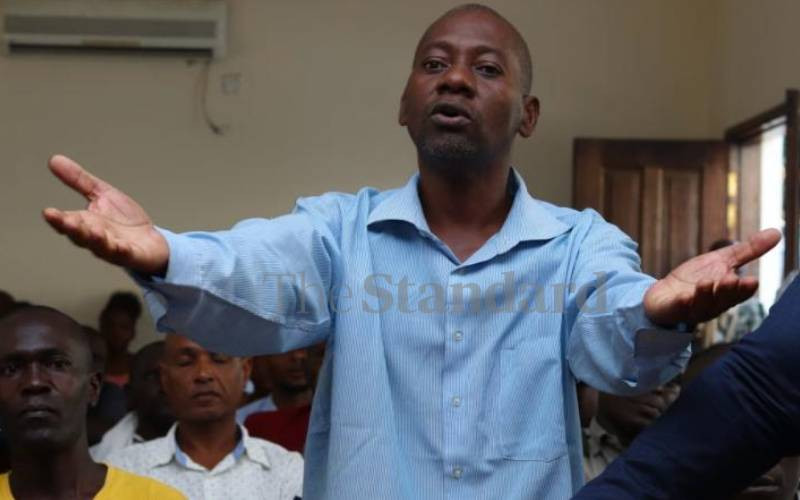×
The Standard e-Paper
Fearless, Trusted News

A Senate report has accused controversial preacher Paul Makenzi of being the mastermind of the Shakahola massacre and recommended he be charged with the death of at least 429 people.
The report by the Tana River Senator Danson Mungatana-led ad hoc committee has revealed how Makenzi lured hundreds of gullible followers to their deaths, including killing those who defied his starvation orders.